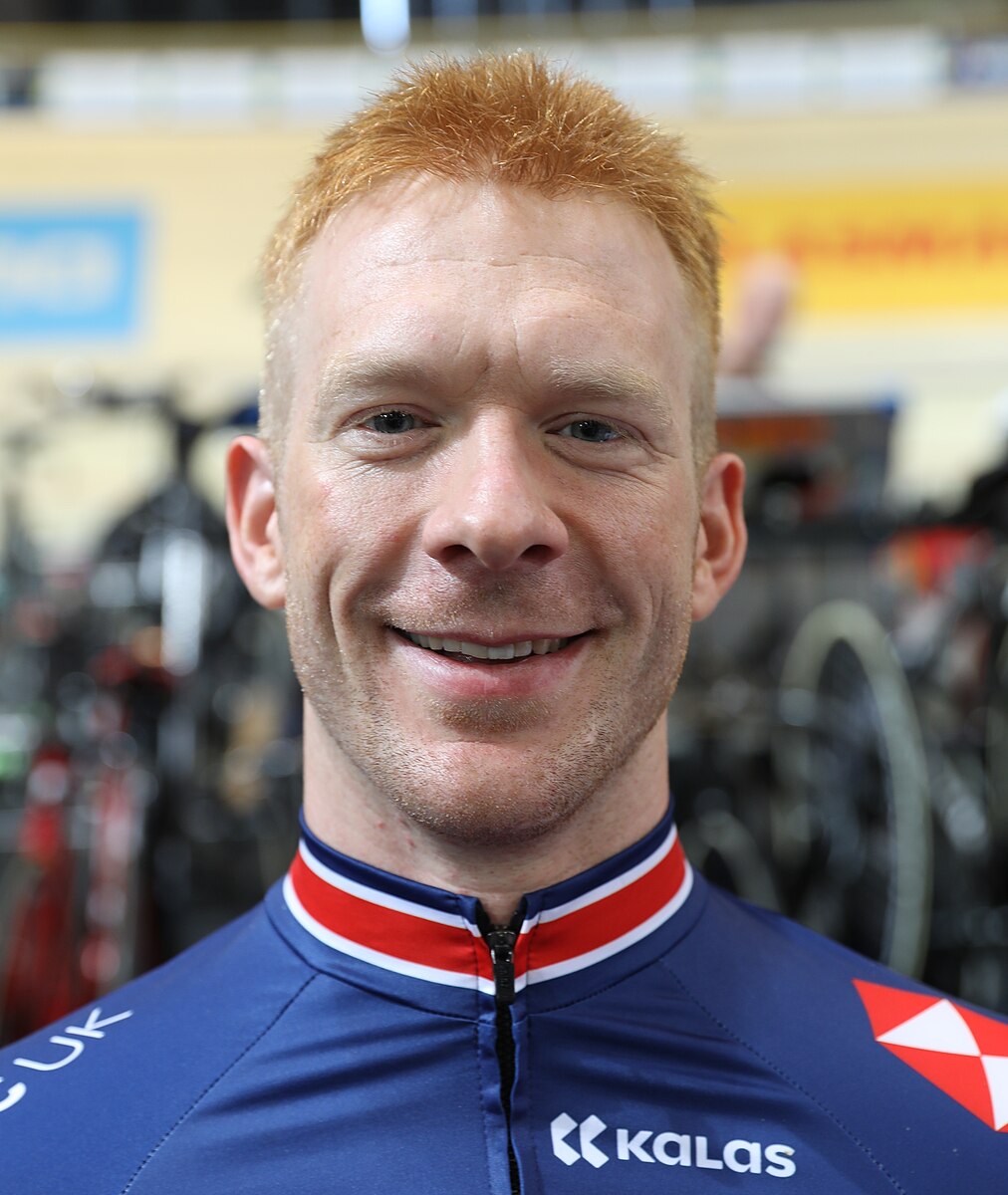From a career-threatening injury to Olympic immortality. The untold story of how Britain’s most decorated team pursuiter fought through isolation, doubt and unbearable pressure to make history.
I know what you’re thinking. How could a three-time Olympic champion be considered an underdog? But Ed Clancy’s story isn’t just about the gold medals. It’s about the battles he fought behind the track.
What makes Olympic Team Pursuit so brutal?
Out of all the events in cycling, I think team pursuit’s probably the most nerve-wrecking. You’re not just riding for yourself. You ride for the flag on your back. You’re riding for your nation. You’re riding for queen and country and your three best mates, to be honest. You just don’t wanna let anyone down.
And one dodgy change, one foul move in terms of pace judgment. You go two-tenths a lap too fast, two-tenths a lap too slow early on. You know, it’s hard to recover; you’re trying to walk a tightrope. It’s quite a delicate operation. 45 mph, just an inch or two away from your pals. Any false move, and it’s all over.
What was it like competing at the London 2012 Olympics?
Oh, I tell you what. In terms of an atmosphere, an event, or an occasion, nothing came close to the 2012 Olympics. You know, nothing before that moment, nothing after it. But this is the thing that you don’t see and don’t get across in the press, most athletes like me do interviews,
You talk about, oh, it’s a great event and had an amazing atmosphere, and it really was. But, I can’t put into words how much pressure I felt. You know? I had just honestly felt like I had the weight of the world on my shoulders.
How did it feel to win a gold medal at a home Olympics?
When you do get it right, man, there’s no high that can compete with that. It’s well documented and loads of athletes will tell you, you go from this high of winning an Olympic game, you feel untouchable.
There’s nothing before or nothing after that moment that’ll compare. But, of course, you know, there’s this thing, achievements are like possessions. Their appeal doesn’t last. I bet everyone reading this can relate to the idea that they’ve aspired to having a job, a new pair of trainers, a new house, a new car, whatever it may be.
And after 18 months, humans just get used to what you’ve got, and it was like that for Olympians. And I think a lot of us struggled between 2012 and 2016. I guess when you go so high, the only place then is to go so low. Right?
Interested in our conversations with other Olympians? Check out some of our other stories:
Was it always your plan to go to the Rio 2016 Olympics?
I mean, after a sort of year or two, I was really struggling to find motivation and get back to things with a lot of my teammates. Until we had this fellow called Heiko turn up, an East German coach, and he really brought the team back together. Sir Bradley Wiggins turned up, and that was always special for me riding with Brad, and that just lifted me and off we went.
The last 18 months that preceded the Rio Olympic games could have been my favourite ever, if it wasn’t for my injury.
What was your injury?
I had a prolapsed disc in my back after trying to pick up a suitcase.
Was that your lowest moment?
Yes. I remember waking up on the operating table nine months before Rio. I thought, ‘I don’t know how I will do this. Not just the Olympics. How am I going be a professional cyclist? How am I going pay the bills?’
How did that feel?
It was lonely quite quickly, sponsors, partners, and so on, started to go, they’re loyal to the people that are going to reward them, in the Olympics, understandably. It was hard. I was literally on my own for probably six out of those nine months, just on the turbo trainer in the garage alone.
How did you overcome the adversity?
I was fortunate to have people around me who believed in me when I didn’t believe in myself.
Was it all worth it?
Definitely, when we won that gold medal in Rio by all of a tenth of a second against our famous rivals, the Aussies, it felt amazing.
What made it different to winning at the London 2012 Olympics?
I could appreciate it more because of everything I’d been through. It was my proudest moment in sport.







